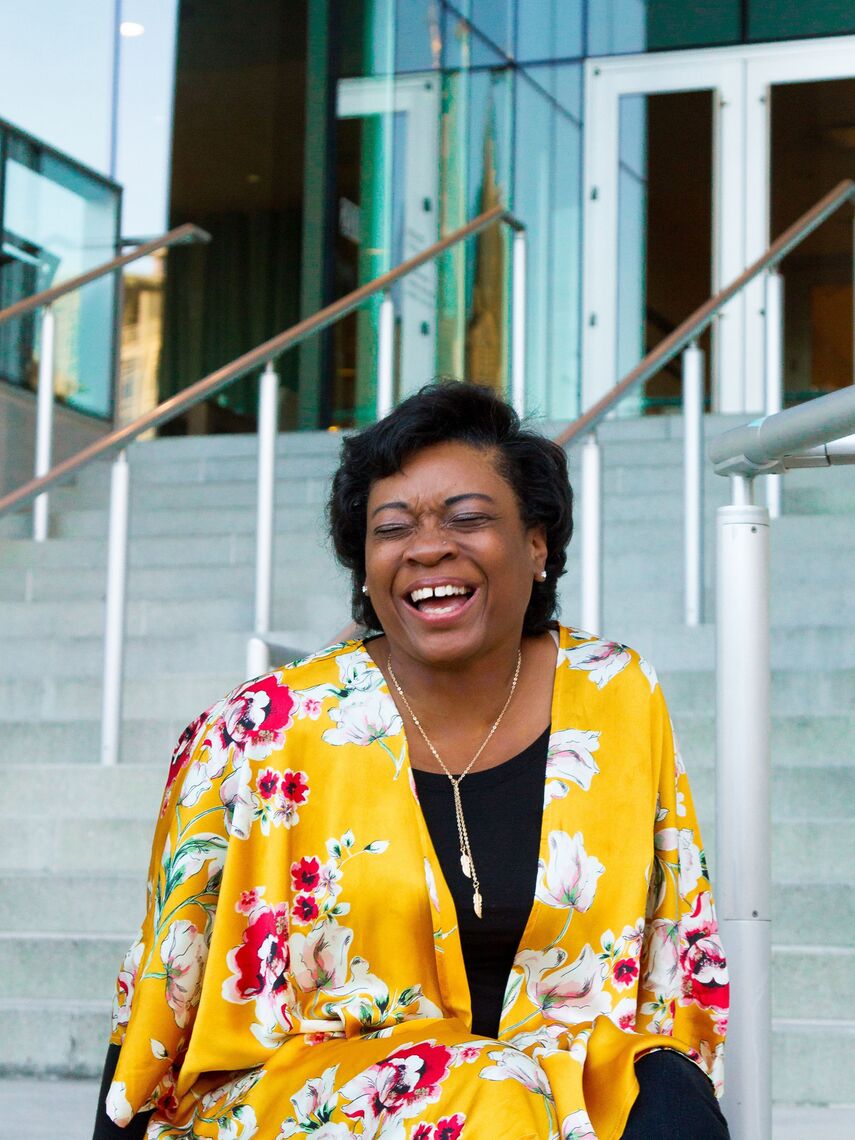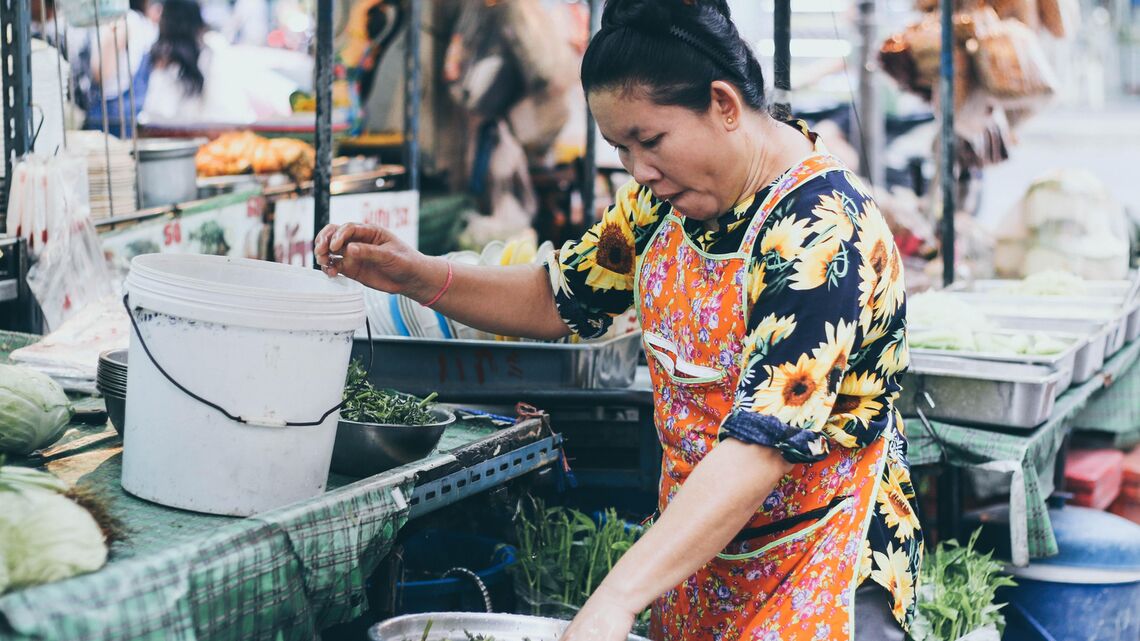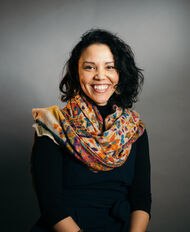synopsis
The study was undertaken at the behest of the New York State Department of Agriculture and Markets. The goal of the study was to inform recommendations for expanding the local food system in Central Brooklyn in order to increase access to fresh, healthy food and to promote food-related economic opportunity for residents.
In addition to incorporating stakeholder engagement, the feasibility study set out to assess the current food flow and supply chain as it relates to Central Brooklyn users; summarize national food hub models and approaches; identify potential economic and social outcomes and impacts of a food hub; and outline cost projections and siting considerations.
Urbane was specifically tasked with identifying 25 national food hub models that followed a hub-and-spoke model and met criteria related to supporting racial equity, promoting entrepreneurship, or incorporating workforce training for living wage jobs. We summarized highlights and critical components of all 25 models, then dove deeper into five models that most closely matched the aims and design criteria of a Central Brooklyn Food Hub. We dug into the operations, programming, facilities, and financials of each food hub, interviewing stakeholders in order to contextualize key best practices and lessons learned. Urbane also created a logic model to analyze the social and economic outcomes of a Central Brooklyn Food Hub based on recommended specifications that emerged from the feasibility study. The logic model used a racial and economic justice lens in depicting the inputs, outputs, and outcomes related to food flows, cash flows, and job flows through the hub and each of its ancillary components.
The complete Feasibility Study was presented to the New York State Department of Agriculture and Markets in September in 2019 and, if funded, will result in a series of RFPs designed to launch the infrastructure of the recommended Central Brooklyn Food Hub.



